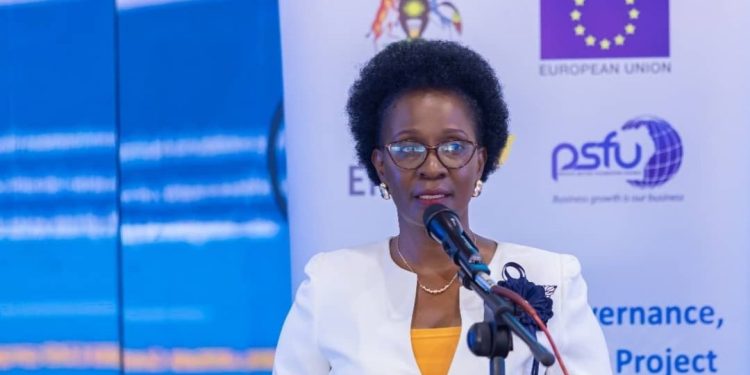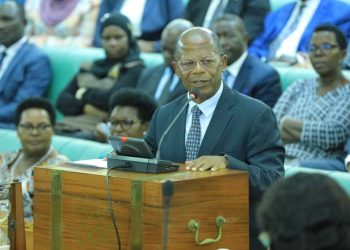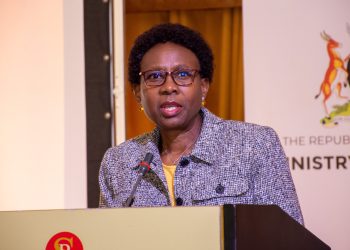The Deputy Inspector General of Government (IGG), Ann Muheirwe, has issued a stern warning to the public against celebrating government officials implicated in corruption, stating that such actions undermine the ongoing efforts to combat corruption in Uganda.
Her comments come in the wake of public celebrations following the release on bail of three Members of Parliament facing budget corruption charges.
Public Reaction to Corruption Cases
Earlier this week, the Anti-Corruption Division of the High Court granted bail to MPs Paul Akamba (Busiki County), Yusuf Mutembuli (Bunyole East), and Cissy Namujju Dionizza (Woman Representative for Lwengo), who are currently facing corruption charges.
Their release from Luzira prison was met with public jubilation, as crowds were seen dancing and chanting the names of the legislators.
Expressing her disappointment, Deputy IGG Muheirwe noted, “It is disheartening to see the public celebrating the release of corrupt culprits from prison, as these individuals are responsible for perpetuating poverty.”
She made these remarks during a learning event organized by Enabel, in collaboration with the Private Sector Foundation (PSF).
Challenges in Fighting Corruption
Muheirwe highlighted the difficulties in prosecuting corruption cases, citing challenges such as insufficient evidence and the reluctance of victims to testify.
Despite these hurdles, she emphasized the importance of recovering stolen funds as a means to deter corruption.
According to a report by the IGG, corruption in Uganda accounts for 33 percent of graft cases, with the country losing over Shs10 trillion annually due to corrupt practices. Globally, corruption is responsible for a 5 percent loss in economic output each year.
“Corruption is secretive, making it difficult to detect. For example, people often pay bribes to secure jobs, and District Service Commissions are notorious for corruption in recruitment processes,” Muheirwe stated.
She also pointed out the private sector’s dual role in corruption, noting that it acts as both a victim and an enabler of corrupt practices, which in turn harms business efficiency and competitiveness.
Initiatives to Combat Corruption
The event was part of the four-year Skills, Attitude, Governance, and Anti-Corruption (SG Plus) project, which aims to enhance Uganda’s business environment through improved governance and anti-corruption initiatives.
Ronny Mulongo, Project Director of SG Plus, shared that the project has successfully implemented an e-procurement system managed by the Ministry of Finance and the Public Procurement and Disposal of Public Assets Authority (PPDA).
This system has significantly reduced the need for physical interaction during the bidding process for government projects, thereby curbing corruption.
“In the past, you had to physically submit your documents, but the e-system has limited such interactions. It has also reduced the cost of stationery for companies, as everything is now done electronically,” Mulongo explained.
He added that if data costs were lower, the system would be even more accessible for businesses, further enhancing its impact on reducing corruption.
The Deputy IGG’s remarks serve as a crucial reminder of the ongoing battle against corruption in Uganda.
By discouraging the celebration of corrupt officials and supporting initiatives like the SG Plus project, Uganda can take significant steps towards reducing corruption and fostering a more transparent and efficient business environment.
































































